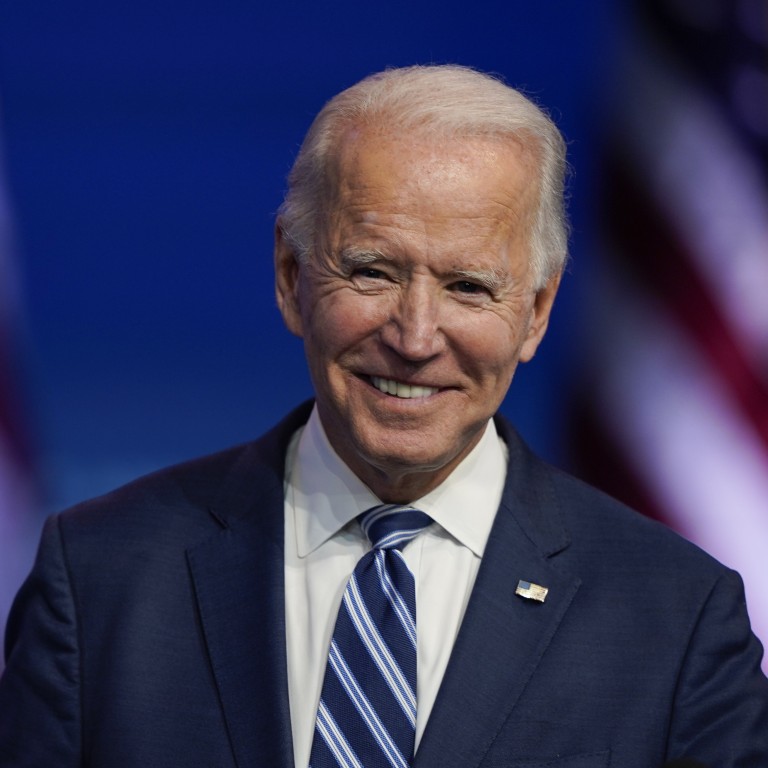
US-China relations: come together to beat Covid-19, American academics say in new report
- The ‘failure to seize this opportunity for cooperation has increased the suffering’ of Chinese and American people, Princeton professor Thomas Christensen says
- Washington risks ‘weakening its diplomatic standing’ if it does not rejoin the World Health Organization, he says
The report, titled The Future of US Policy Toward China: Recommendations for the Biden Administration, was jointly published on Tuesday by Yale University and the Brookings Institution, a Washington think tank.
Italian paper on origins of coronavirus pandemic hit by backlash from scientists
According to one of the 17 contributors, Princeton University professor and former US State Department official, Thomas Christensen, the lack of a concerted effort by the world’s two largest economies had cost them both, and other countries, dearly.
“The failure to seize this opportunity for cooperation has already increased the suffering of the Chinese and American populations during this crisis,” he said.
“The failure of Washington and Beijing to work together to mitigate the health and economic costs in Africa, Latin America and Asia will hurt the diplomatic reputations of both countries,” he said.
The coronavirus pandemic, which was first reported in the central China city of Wuhan at the end of last year, has done little to help the faltering relationship between Beijing and Washington, which was already struggling under the weight of a trade war and has since established new battlegrounds on everything from technology to human rights.
China’s CNBG set to review Covid-19 vaccine phase 3 trial results
Meanwhile, China has consistently blamed the US for its poor handling of the coronavirus pandemic and accused Washington of using the health crisis to smear Beijing. In March, Chinese foreign ministry spokesman Zhao Lijian even promoted a conspiracy theory that the virus had been carried into Wuhan by the US military.
Christensen said it was in America’s interests to return to the WHO to prevent China becoming its dominant voice.
“If Washington continues to appear to be the major obstacle to bilateral and multilateral cooperation regarding the pandemic, and Beijing moves unilaterally and engages multilateral institutions … the United States will have unnecessarily weakened its own diplomatic standing in the broader and ongoing strategic competition with the PRC [People’s Republic of China],” he said.
Washington should stop playing the blame game with Beijing, and instead re-fund the WHO and shape its agenda to reduce counterproductive Chinese influence, Christensen said, adding that the two countries should also work together on a global vaccine production and distribution programme.
US-China relations ‘upended’ by Xi Jinping’s reign, Bill Clinton says

